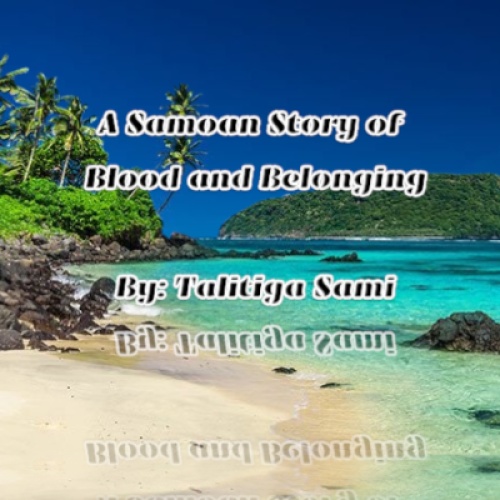I skipped school, preferring the company of street kids and the allure of forbidden thrills. Petty theft, underage drinking, and late-night escapades became my regular haunts. Fights were frequent, a physical manifestation of the turmoil raging within me. I was determined to dismantle the carefully constructed fa�ade of my life, to expose the ugliness that I believed resided within me.
My behavior spiraled out of control. My parents, heartbroken and frustrated, struggled to contain my self-destructive tendencies. The whispers and disapproving glares from the community only fueled my defiance. I was a pariah, an outcast, and I embraced the role with a perverse sense of pride.
Finally, in a desperate attempt to salvage my future, I was sent to live with my brother, Sa'olotoga, in Hawaii. I viewed the move as an exile, a punishment for my transgressions. But little did I know that this forced separation would become the turning point in my life.
Life with Sa'olotoga was drastically different from the structured environment of my childhood. He offered me a level of freedom I had never experienced before. He allowed me to make my own choices, even the bad ones, trusting that I would eventually learn from my mistakes.
We lived a transient life, our possessions crammed into a dilapidated van that served as our home. Resources were scarce, and we relied on odd jobs and the generosity of strangers to survive. It was a far cry from the comfortable existence I had known in Samoa, but it was also a liberation.
Sa'olotoga never lectured or judged me. He simply provided a stable presence, a silent anchor in the storm of my emotions. He taught me the importance of responsibility, gratitude, and resilience. He showed me how to find joy in the simple things, how to appreciate the beauty of nature, how to connect with others despite our shared hardship.
Gradually, I began to mature, to gain a new perspective on life. The anger and resentment that had consumed me began to dissipate, replaced by a sense of self-awareness and a growing desire for change. I came to terms with my upbringing, acknowledging the complexities of my past without allowing it to define my future.
I even began to let go of the animosity I harbored towards my biological parents. I understood that they were flawed individuals, caught in a web of circumstances beyond their control. I learned to be thankful for their role in bringing me into the world, even if they couldn't raise me themselves. I embraced the idea that I could choose my own path, that I was not destined to repeat the mistakes of the past.
Living in Hawaii was a crucible, forging me into a stronger, more compassionate person. I learned the value of hard work, the importance of community, and the power of forgiveness. I discovered that true freedom lies not in reckless abandon but in taking responsibility for one's own life.




